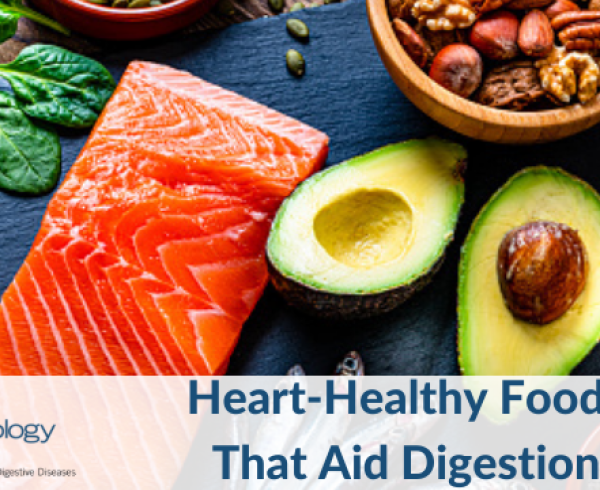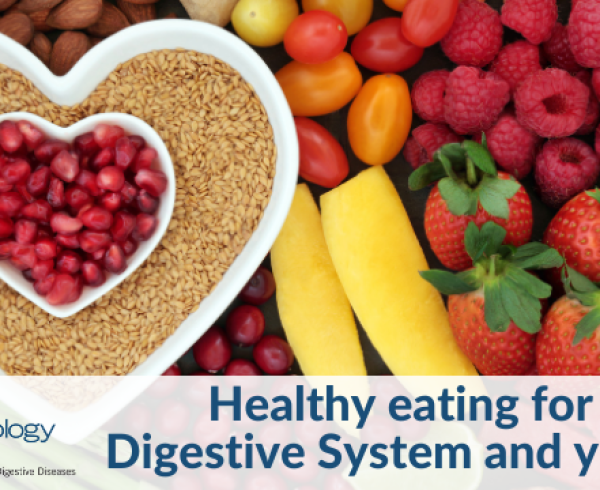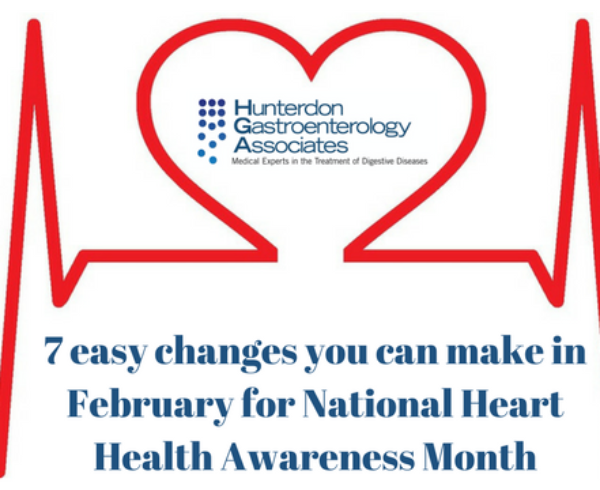What Does Your Gut Have to do With Your Heart?
When most people think of their risk for having a heart attack or stroke, factors like cholesterol and blood pressure come to mind. But a new study by researchers at Cleveland Clinic shows that what’s in your gut can play a role as well.
The research, led by Dr. Stanley Hazen, MD, PhD, Head of Preventive Cardiology, shows that a compound that occurs in your gut after eating meat or high-fat dairy is a risk factor that can occur even if you have low cholesterol and a healthy blood pressure. The compound, called trimethylamine-N-oxide (TMAO) is formed when microbes in your gut digest foods such as red meat and egg yolks.
The new findings build on several clinical studies that link elevated blood levels of TMAO with a heightened risk of heart and vascular diseases including heart failure and chronic kidney disease. Several substances that are abundant in meat or dairy turn into TMAO after they come in contact with microbes in the gut.
TMAO in your blood also affects the inner wall of your blood vessels, causing cholesterol buildup. If you have chronically high TMAO, you have double the risk of heart attack, stroke and death.
Your digestive tract is full of bacteria. Some of them feed on choline and carnitine, which are nutrients in red meat, egg yolks and high-fat dairy products. As they feed, they give off a chemical called TMA (trimethylamine). Your liver turns TMA into TMAO.
TMAO in your blood affects the inner wall of your blood vessels, causing cholesterol buildup. TMAO also is dangerous because it heightens platelet activity, which can contribute to the formation of vessel-clogging blood clots.
A study reviewed data from 4,000 patients and found that blood TMAO levels were a strong predictor of heart attack and stroke, independent of other risk factors.
So, if TMAO is harmful, how do we get rid of it? One way is to stop gut bacteria from making TMA in the first place. The new study by Dr. Hazen and his team found that a natural substance called DMB could do this. The result was lower TMAO levels and fewer clogged arteries.
DMB is found in some olive and grapeseed oils. Because it’s not an antibiotic, DMB doesn’t kill “good bacteria.” And, unlike antibiotics, there’s little risk of overusing it or building resistance to it. A Mediterranean diet, for example, will lower TMAO production overall. Another one of the known ways to lower the production rate of TMAO involves following a diet that is focused on plants. In addition to dietary changes, people with a high TMAO should look at a number of ways to lower cardiovascular risk, including more aggressive monitoring of cholesterol levels and high blood pressure, and routine cardio exercise.
Reference: Health Essentials; Cleveland Clinic, 2017.






